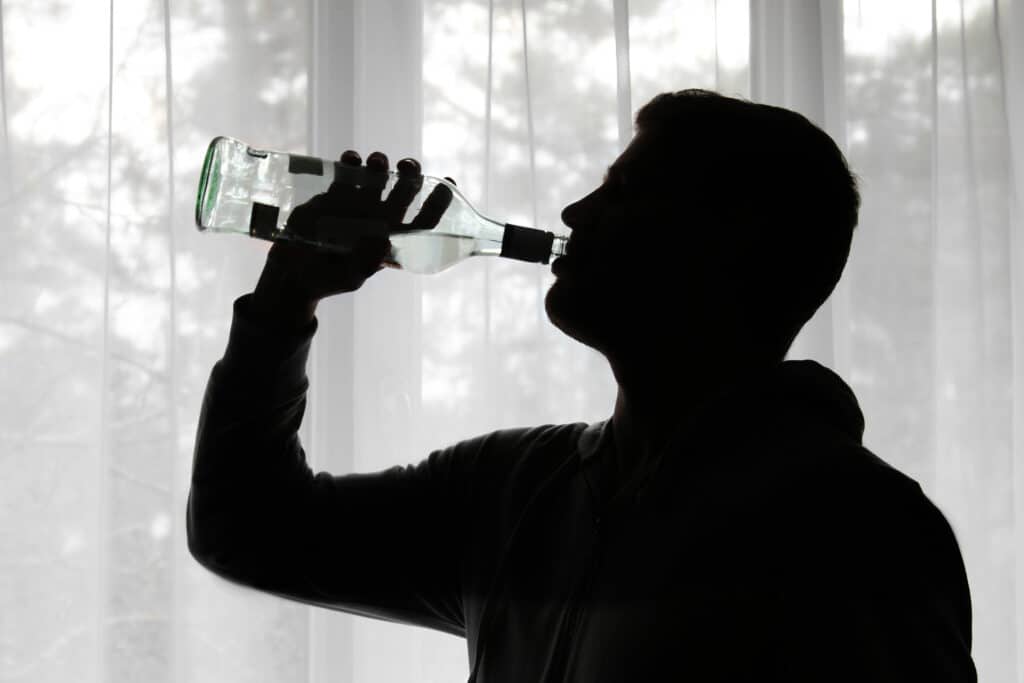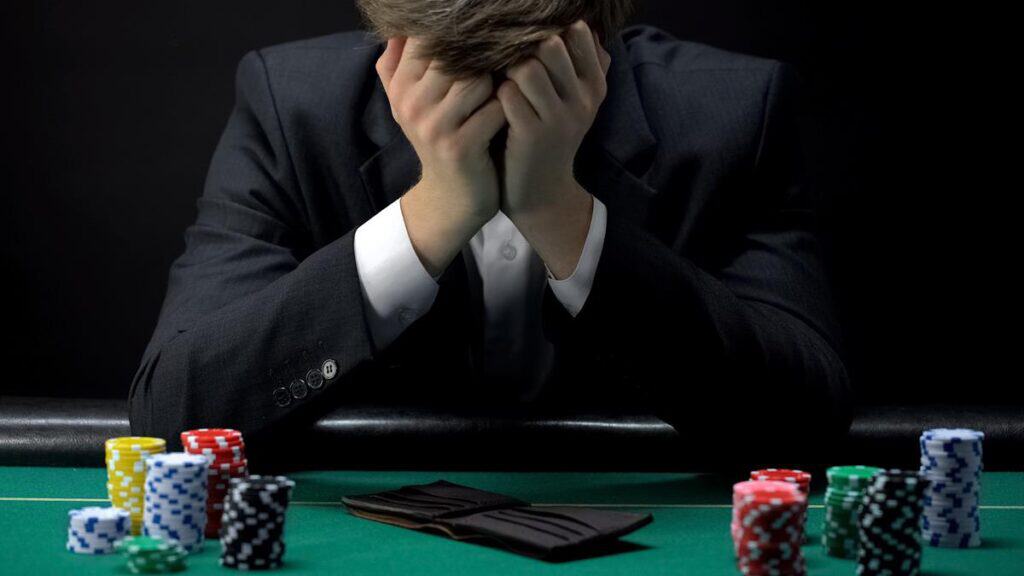Do you feel like you’re struggling to keep something under control? Is something having a negative impact on your work or family life?
Addiction can be an upsetting and difficult condition to cope with, both for the individual and their families. However, recovery is possible. Ask for help and begin your journey. Show yourself some compassion and remember to take one day at a time. You’re not alone.

A person with an addiction uses a substance, or engages in a behaviour, for which the rewarding effects provide a compelling incentive to repeat the activity, despite the detrimental consequences. Addiction may involve the use of substances (e.g., alcohol, inhalants, opioids, cocaine, or nicotine), or behaviours (e.g., gambling).
Addictions are distinguished by the impaired control a person experiences over their usage, the disruption of their everyday functioning and relationships, and the experience of craving. Additionally, addictions are distinguished by the continued pursuit of the substance or activity despite the harm it incurs.
Typically, one’s tolerance to a substance increases as the body adapts to its presence. Withdrawal symptoms may then occur in the absence of the substance (i.e., strong, unpleasant physiological symptoms). Addictions hold the capacity to induce a sense of hopelessness, shame, and guilt in those affected. It is also likely to cause disruptions and dysfunction in social, work, or recreational activities.
Risk Factors
Addiction is a multi-faceted condition, arising from a confluence of many elements. Biological factors, such as genetics or temperament, may lead to an increased susceptibility to an addiction. Additionally, psychological factors, such as experiences of trauma or abuse, and mental health conditions, like depression or anxiety, may also contribute towards the addiction. Environmental factors may also contribute towards addiction, such as addiction in the family, other family issues, accessibility of substances in the community, substance use within peer groups, and unemployment.

Treatment
Addiction is a treatable condition and complete remission is entirely possible. Recovery, however, is a long-term process that may involve multiple attempts, and relapse is regarded as part of the process. Treatment may include several components, such as detoxification (under medical supervision), the use of medication, therapy, peer support programs (e.g., alcoholics anonymous), family therapy, or life skills training (e.g., employability). Recovery is an individualised process, and within the scope of counselling and psychotherapy, an individual may explore of the origin of their addiction, become aware of their thoughts and feelings surrounding it, and create a plan for a successful recovery, including their personal goals and contingency plans for triggering situations.
For more information on addiction, please see the resources below.

References & Resources
Citizens Information. (2021). Addiction Treatment Services.
Retrieved from: https://www.citizensinformation.ie/en/health/health-services/alcohol-and-drug-treatment-services/alcohol-addiction-services/
Dual Diagnosis Ireland. (2022). Welcome to Dual Diagnosis Ireland.
Retrieved from: https://www.dualdiagnosis.ie/
HSE. (2022). Causes of Addiction and How It Can Affect You.
Retrieved from: https://www2.hse.ie/mental-health/life-situations-events/causes-of-addiction/
Psychology Today. (2024). What is Addiction?
Retrieved from: https://www.psychologytoday.com/ie/basics/addiction
St Patrick’s Mental Health Services. (2024). Addiction and Dual Diagnosis.
Retrieved from: https://www.stpatricks.ie/care-treatment/our-services/addiction-and-dual-diagnosis
Helplines
Aware – 1800 80 48 48
HSE Drugs and Alcohol Helpline – 1800 459 459
Grow – 0818 474 474
Pieta House – 1800 247 247
Samaritans Ireland – 116 123
For more, see Mental Health Ireland helpline resources: https://www.mentalhealthireland.ie/get-support/